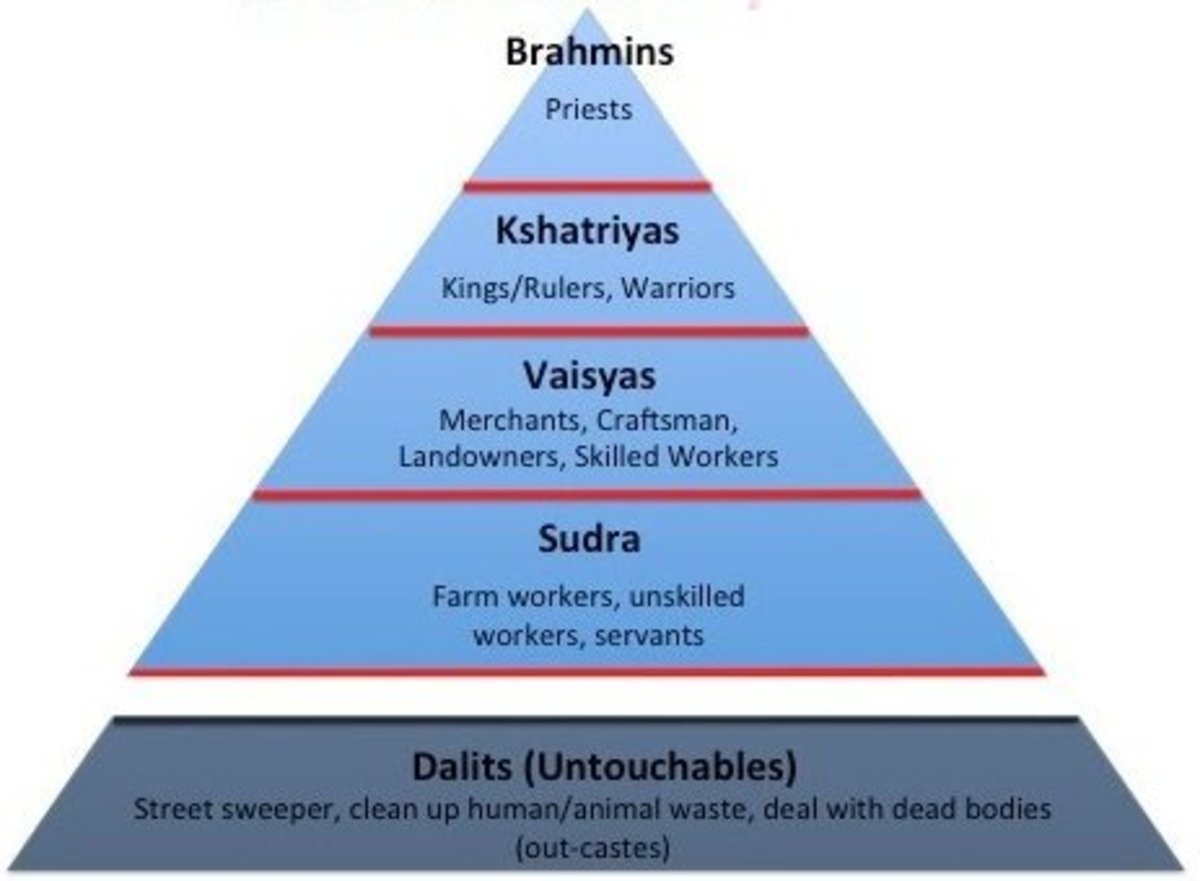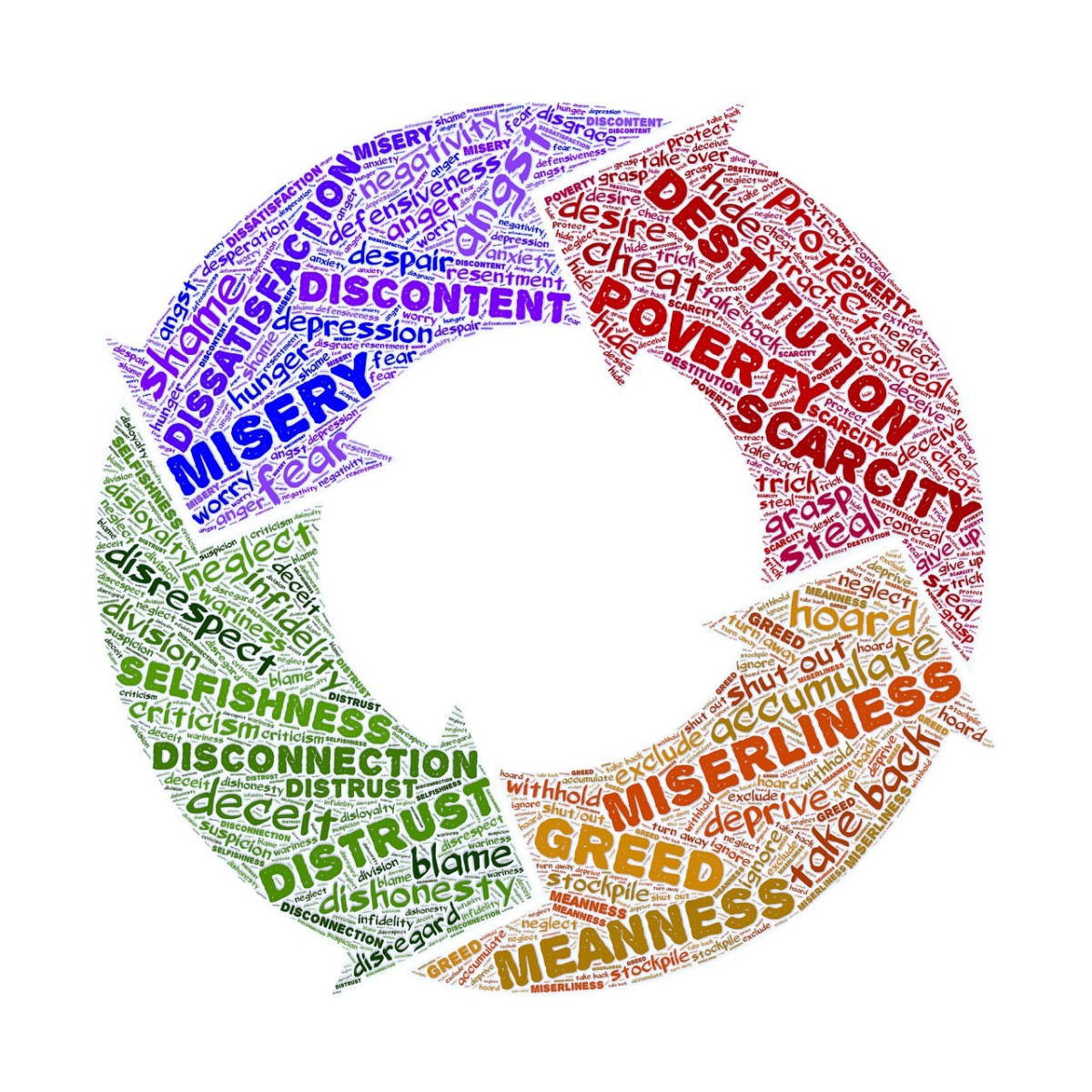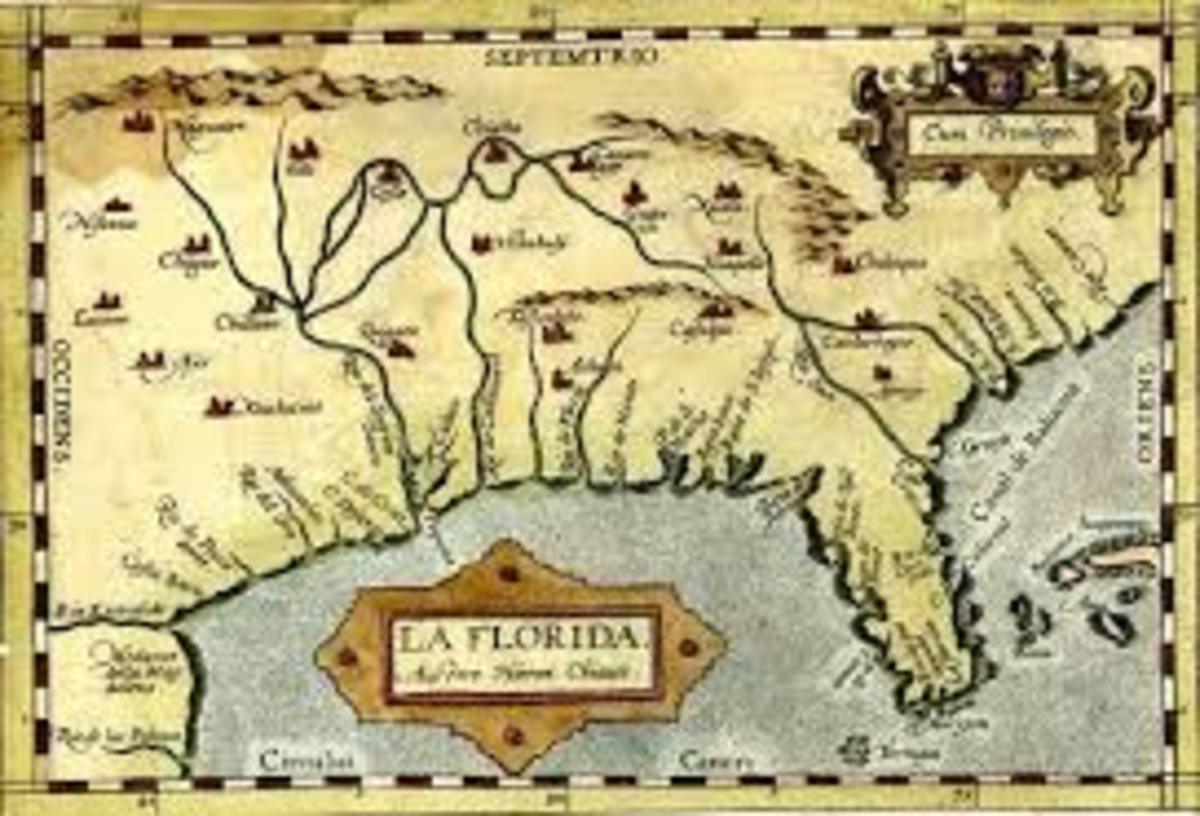The Problem With Native American Sovereignty
OVERVIEW
This is Part I of a three-part series about Indian reservations.
There are over 550 recognized Indian tribes in the United States, and 310 reservations within the boundaries of this country. There are approximately 2.9 million Native Americans according to the 2010 Census, and 78% of them live outside a reservation.
The two largest tribes in America are the Navajo and the Cherokee.
According to the Federal Government, Indian Reservations are considered “domestic dependent nations,” located within the confines of the United States borders. 310 separate nations, each with their own customs, within the boundaries of the United States.
Welcome to the concept of sovereignty!
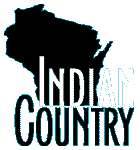
So What Is Sovereignty?
Sovereignty is the legal term that refers to a nation’s right to govern itself and have complete authority over its own affairs, citizens, and economy. According to Article I, Section 8 of the United States Constitution, American Indian tribes are recognized as separate nations and distinct governments within U.S. borders.
Tribes may enter into a legal relationship with the United States, and all have done so in one way or another. The Federal Government is responsible for protecting Indian land, treaty rights, resources and assets. The Tribes are responsible for everything else.
- Public Law 280 and Law Enforcement in Indian Country -- Research Priorities | National Institute of
A summary of Public Law 280
Historical Background
During the 19th Century, the Supreme Court handed down three important decisions regarding sovereignty. In Johnson vs McIndosh, the court ruled that only the United States government could negotiate for American Indian Land.
In Cherokee Nation vs Georgia, the court held that the relationship between the Federal Government and Indian tribes was similar to the relationship between a guardian and his ward. And in Worcester vs Georgia, the court decided that state laws do not apply in Indian Country, and that only the U.S. Congress has overriding authority over American Indian affairs.
In 1953 Congress passed Public Law 280, which stated that the Federal Government and Indian tribes shared jurisdiction over criminal matters on tribal land. As specifically written, this Law applied in California, Alaska, Wisconsin, Oregon, Nebraska, and Minnesota. Variations of this law now exist in all fifty states. Generally speaking, in the matter of criminal activity, tribal law handles everything other than felony offenses, which are handled by the Federal Bureau of Investigation.
Finally, in 1978, the Indian Child Welfare Act was passed, and this established federal requirements for child custody proceedings involving children who are part of a federally recognized tribe.
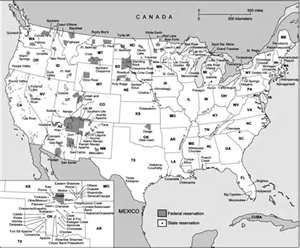
Jurisdictional Agencies
The situation is ripe with possible jurisdictional controversy regarding crime on the Reservation. Depending on the crime, the investigation may be handled by either:
· Tribal police
· Bureau of Indian Affairs police
· County sheriff
· City police
· State troopers
· Federal Bureau of Investigation.
To further complicate matters, once the crime has been investigated, it may be subject to prosecution by one or more jurisdictions, including Tribal, State, or Federal.
All of this leads to mass confusion, as jurisdictional responsibilities are clouded on the best of days, and nearly impossible to navigate on the worst of days.
Determining jurisdiction in criminal cases depends upon several factors:
· Where the crime occurred
· The type of crime
· The race of both the victim and the perpetrator
· The statutes that apply to the particular case
Finally, and this is of great importance, the law enforcement agency that receives the first report of the crime assumes the responsibility for determining who will investigate the crime.

One story of injustice
- Spirit Lake: A True Story of Injustice
On the Spirit Lake Reservation in North Dakota, children are being abused and raped, and in some cases murdered. Those who should be protecting them are not!
The Role of the F.b.i.
As stated earlier, the Federal Bureau of Investigation is generally determined to be the investigative source for felony crimes, including murder and child abuse. Consider for a moment that the rate of violent crime on Indian reservations is 2.5 times higher than in the rest of the United States, and yet….
· 65% of the time, the government did not pursue rape cases on reservations
· 61% of the time, the government did not pursue sexual abuse cases involving children
· 52% of the time, the government did not pursue cases involving violent felonies overall.
Obviously, this all begs the question of why? Why is there an epidemic of violent crimes on reservations, and why is so little being done about it?
The Causes Are Many
First and foremost, alcohol and drug abuse is ten times higher on reservations than the national average.
The rate of poverty on reservations, especially those isolated from major population centers, is drastically higher than the national average.
Lack of adequate police presence on reservations makes it very difficult to respond to crimes and provide protection.
Inadequate Social Services mean fewer child welfare departments, and less family counseling.
Jurisdictional disputes and confusion means much-slower response time to crimes that are committed, and oftentimes leads to no prosecution at all.
A breakdown in the social structure within the tribes themselves; the number of births to unwed mothers is alarmingly high, and the number of children growing up without parents is so far above the national average as to appear an illusion.
Poor and/or corrupt tribal leadership
The reluctance of tribal leaders to ask for help from outside sources; a general distrust of the U.S. Government.
One Obvious Question
Knowing the current state of affairs on many of the reservations, why would anyone choose to live there? Why not move off of the reservation where safety, if not assured, is certainly more likely?
I posed that question to a friend of mine who has lived on a reservation in North Dakota. The answer I received was troubling and revealing. She said:
“Combination of reasons. I think resistance to change is one reason. Lack of self esteem and constant exposure to prejudice. Fear of unknown and the lies they are fed by those in power about how they will be treated if they leave. Handouts and laziness for some. Then there is ICWA that prohibits anyone fostering a kid from leaving the Rez. When you consider the numbers of kids in foster care this is huge. And then there's the crab bucket theory. I've seen this at work many times. If someone leaves and starts to become successful then every relative and friend believes they are entitled to a portion of the success. They can't stand to see someone succeed. They guilt them into coming back.”
Sit with me awhile
SOLUTIONS
It cannot be denied that the system is broken. Something has to be done, but the question is what?
It is too easy to say that this is an Indian problem. They wanted sovereignty so let them work out their own problems, right? No, that is much too simplistic. The fact is that human beings are being murdered. Human beings are being abused. Humans being are growing up without a snowball’s chance in hell of having a healthy, happy life. Human beings are living in poverty normally associated with Third World Nations.
And something has to be done, because these are…human beings!
I am not a politician, and perhaps that is to my advantage, because several solutions appear obvious to me.
If the system is broke, then fix the system. Streamline the system so that there is no doubt who has jurisdiction when a crime is committed. I would eliminate the Bureau of Indian Affairs so quickly it would make heads spin.
When the ward can’t take care of its own problems, it is time for the guardian to take over. The United States government has the power to step in and clean up this mess. They recently did so in a high-profile case in North Dakota, and they can do so again.
Believe me, I am all for sovereignty, unless sovereignty interferes with the basic rights of life, liberty, and the pursuit of happiness. Once those most basic of rights are refused, then all bets are off with the established system.
The United States government has a rich history of entering other foreign sovereign nations where “justice” is being deprived. If we can do it overseas we can certainly do it within our own borders.

Last Thoughts
This is not a sovereignty issue. It is a human rights issue. No amount of political double-talk can change that most basic of truths. In 2010 President Obama declared war against violent crime on Indian Reservations. He signed the Tribal Law and Order Act, a law designed to do the following:
“The law requires the Department of Justice to improve coordination with tribal justice officials in prosecuting crimes on reservations, and provides resources for better overall cooperation between tribal, state and federal agencies.
In addition, the measure increases the maximum sentence that tribal courts can impose to three years, instead of the previous limit of a one-year sentence. Supporters of the measure say the sentencing provision will expand the number of cases handled by tribal courts, increasing local tribal control on reservations.”
A step in the right direction for sure, but my concern as a human being is that it is a step when what is needed is a triple-jump.
I want to believe that the average white American is as concerned about this as I am. I want to believe that these Native Americans are not being denied that which is their birthright because of their race. I want to believe that someone out there cares about abused children, sexually assaulted women, and poverty so horrible that most of us cannot conceive of it.
I want to believe!
2012 William D. Holland (aka billybuc)



